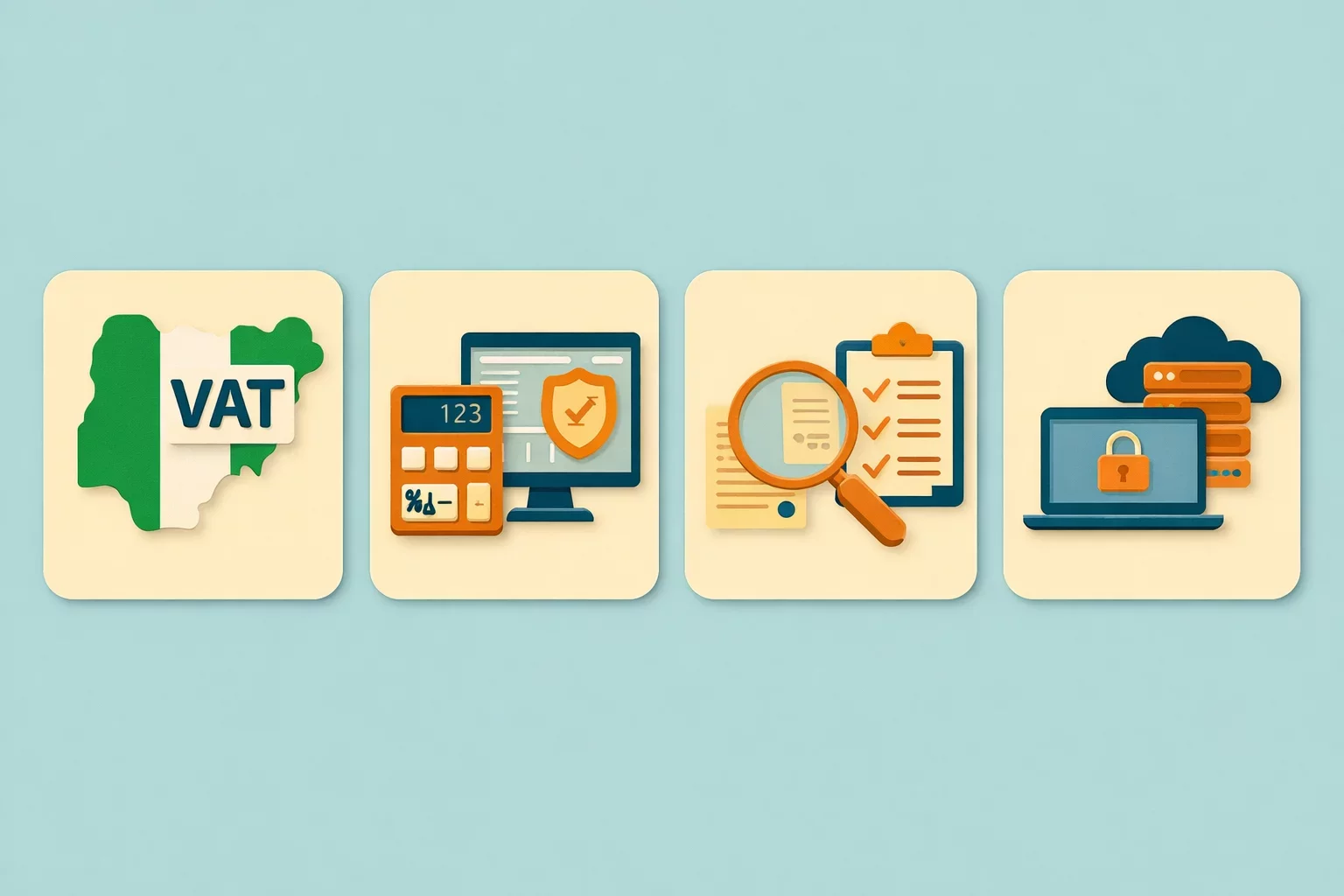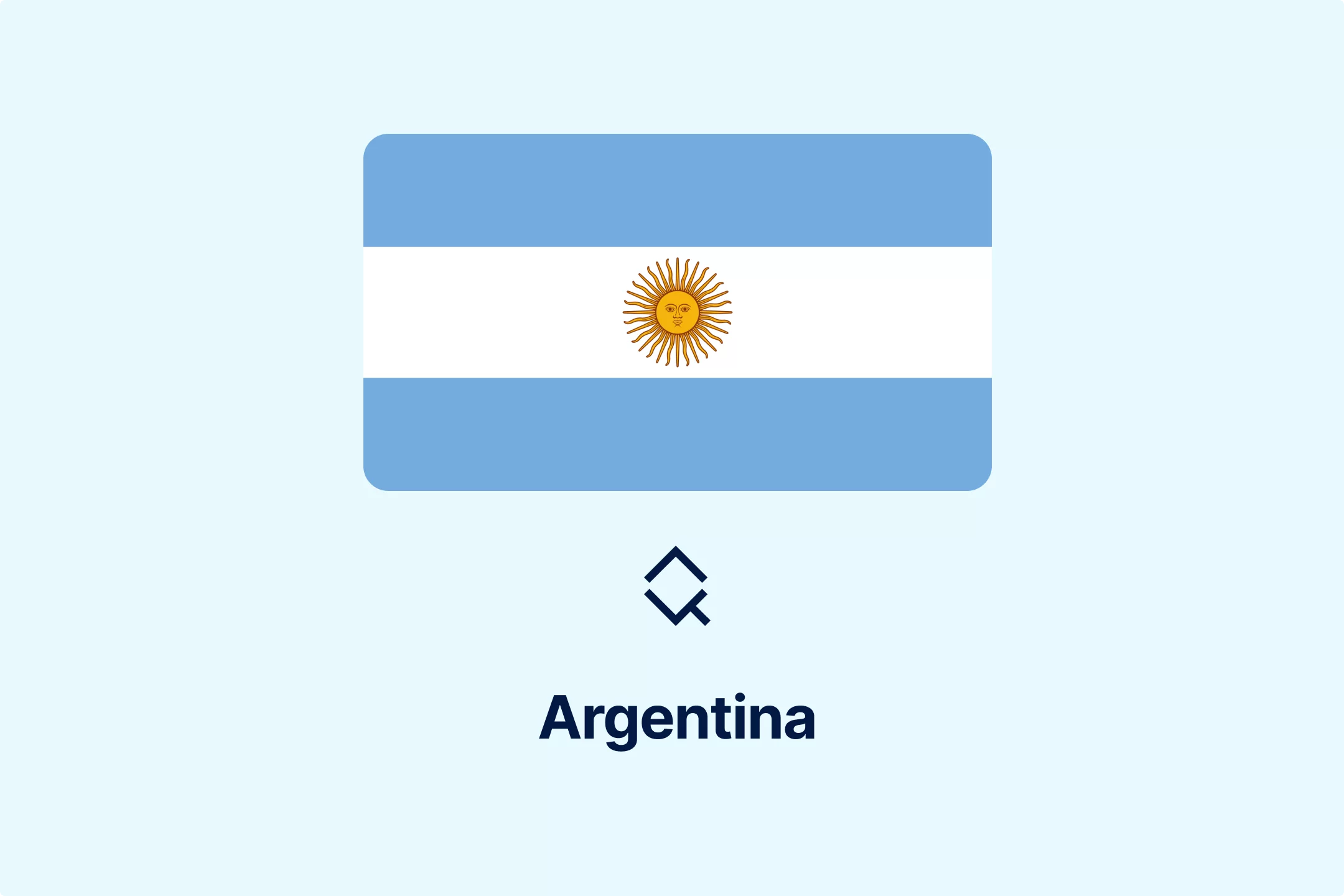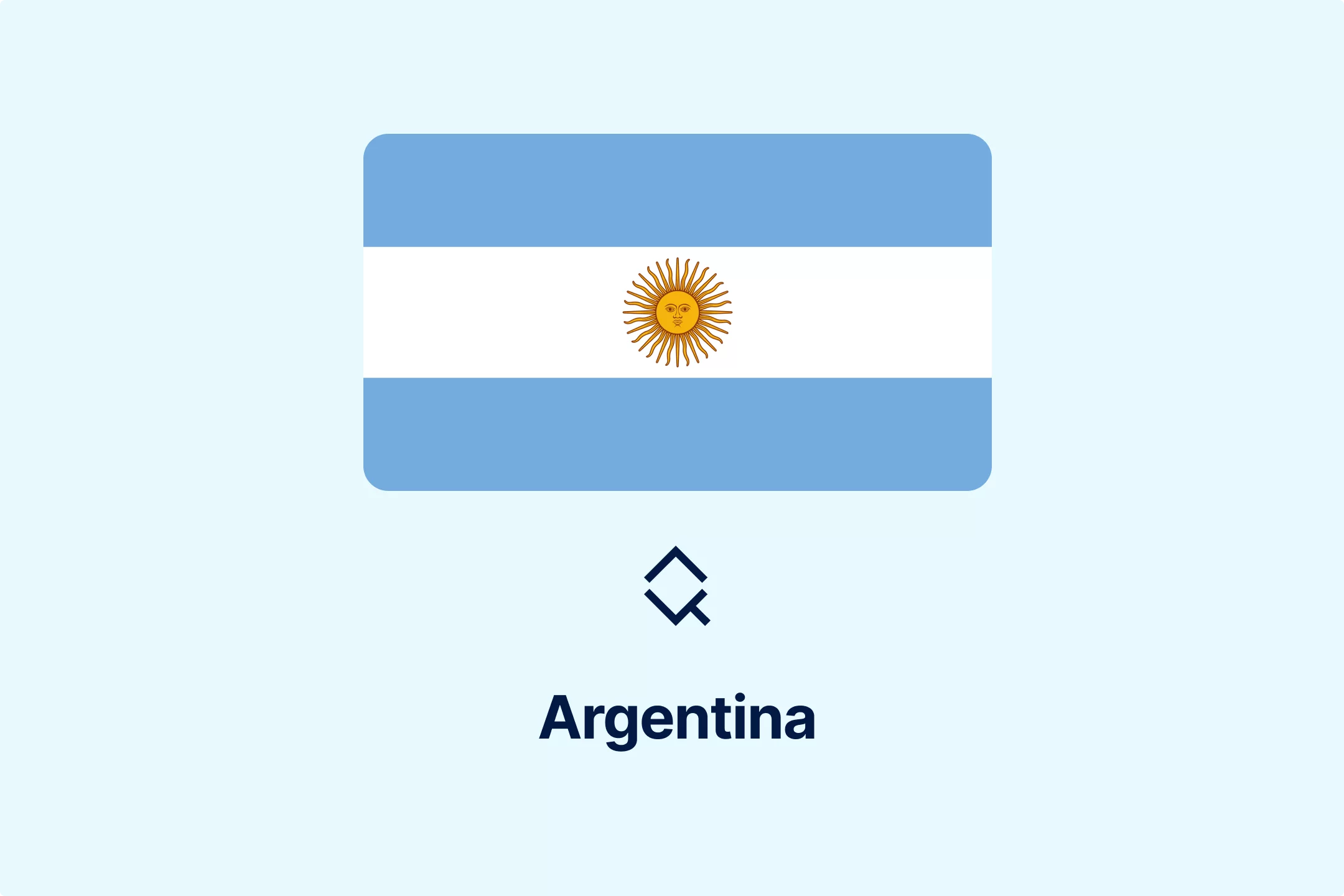VAT on Digital Services in Argentina: What Foreign Providers Must Know

🎧 Prefer to Listen?
Get the audio version of this article and stay informed without reading - perfect for multitasking or learning on the go.
Recently, Argentina has been frequently mentioned in the context of progressive tax reform, which aims to simplify the tax system, reduce government spending, and revitalize the national economy. However, Argentina was one of the first countries in Latin America to introduce the VAT on digital services provided by non-resident suppliers.
In addition to being among the first countries in Latin America, along with Colombia, to implement such a system, Argentina has established a specific mechanism for collecting and remitting VAT on digital services. Understanding these rules and mechanisms is crucial for non-resident digital businesses, as they differ significantly from those implemented in most other countries.
Scope of VAT on Digital Services
Argentina defined rules relating to VAT on digital services provided by non-resident or foreign taxable persons in the General Resolution 4240, published in November 2018. Under the regulations, digital services include streaming or downloading music, videos, or games, web hosting and website services, online advertising, Software-as-a-Service (SaaS), and data storage and cloud services.
Other services considered digital include the supply of digitized goods, such as digital books, designs, components, models, and other digital content. Additionally, digital services encompass reports, financial analyses, market data, and guides. Furthermore, online or remote learning and testing services provided by foreign taxable persons are also subject to VAT as digital services.
If these services are used or effectively exploited by consumers based in Argentina, they are taxed at the standard VAT rate of 21%. The Argentine Tax Authority, commonly referred to as ARCA, provides a list of digital service providers whose services are subject to VAT, which is updated yearly.
VAT Registration and Liability for Digital Services
Non-resident digital services providers are generally not required to register for VAT in Argentina. However, if foreign taxable persons want to register voluntarily, they may do so without appointing a tax representative, since this is also optional.
Additionally, if non-resident digital services suppliers choose to register for VAT, they will assume all tax liability, which typically falls to local banks, domestic credit card issuers, or payment processors.
In other words, since the responsibility for VAT collection and remittance typically falls on the payment intermediaries, such as credit card companies and banks, which act as withholding agents, and not on foreign suppliers, foreign digital companies are not required to register for, collect, and remit VAT in Argentina.
It is up to intermediaries to withhold the applicable VAT amount from payments made to foreign service providers and remit the amount to the Argentine Tax Authority. Nevertheless, if a transaction relating to digital services does not involve a domestic payment intermediary, the responsibility to pay VAT is transferred to the Argentine recipient of the services.
VAT Collection: Withholding System or Reverse Charge Mechanism
As mentioned, Argentina implemented a withholding system for the collection and remittance of VAT on digital services provided by non-residents. Under the implemented rules and regulations, resident or local payment intermediaries are responsible for withholding VAT on B2C transactions at the standard rate of 21% from payments made to foreign digital service providers. For B2B transactions, the reverse charge mechanism applies, meaning the buyer is responsible for handling the VAT.
For example, a US-based company provides movie streaming services to an individual in Argentina. The Argentinian consumer pays the streaming services using a local credit card. In this B2C transaction, the responsibility for VAT collection falls on the payment intermediaries, such as credit card companies or banks. Therefore, it is the intermediary's or withholding agent's responsibility to withhold the 21% VAT from the payment and remit it to the Tax Authority.
Regarding the B2B transaction, suppose that the Argentine company purchases a cloud-based HR software from a German-based service provider. The Argentine company pays the German provider directly, typically through a bank transfer. In contrast to a B2C transaction, where the withholding agent is liable for collecting and remitting VAT, in this B2B transaction, the Argentine company, as the buyer, is responsible for accounting for the VAT under the reverse charge mechanism.
VAT Compliance Requirements for Digital Services Suppliers
Although the foreign digital service providers are generally not required to collect and remit VAT on supplied digital services, they must still be aware of the compliance obligations that may arise. One of the first things to consider is ensuring that the services are being consumed in Argentina.
This can be achieved by monitoring transactions and paying attention to details such as whether the SIM card of the cell phone receiving the service is located in Argentina, the digital service is received through an Argentinian IP address, the invoicing address of the consumer or user, and the bank account details used for payment.
Additionally, while the withholding system helps foreign companies avoid the potential complexities of VAT registration, collection, and remittance, foreign suppliers must still ensure that their invoices are correctly issued and that they include all relevant data, including the rate of VAT applied and the total amount of due VAT.
Additionally, if foreign digital companies decide to register for VAT in Argentina, they must comply with the VAT return filing and payment frequency, which is typically monthly for foreign companies.
Since the primary responsibility for collecting and remitting VAT on digital services lies with the withholding agents, non-resident digital suppliers may face additional requests from agents for details relating to services provided. Therefore, foreign companies should maintain accurate records of transactions, including data on the services provided, the parties involved, and the charges for those services.
Given the dynamic changes to the tax regime, foreign digital providers should stay informed about any updates to VAT rules and regulations, which may impact compliance requirements in Argentina.
Conclusion
Although non-resident digital service providers are not required to register for, collect, and remit VAT on digital services, staying compliant with VAT rules still presents challenges. Due to the specifics of the VAT regime for digital services in Argentina, foreign digital companies may find themselves in situations where withholding agents or intermediaries responsible for VAT request additional information regarding the transactions with Argentine consumers.
Additionally, foreign digital service suppliers may choose to register for VAT voluntarily, as this would facilitate their business operations in Argentina. That decision would have a significant impact on their VAT liabilities and obligations. Therefore, foreign taxable persons providing digital services should consult with tax professionals familiar with Argentine tax.
Source: ARCA - Digital services, ARCA - Providers, General Resolution 4240, PwC, EY

Featured Insights

Nigeria VAT Compliance: TaxPro Max Explained
🕝 March 3, 2026More News from Argentina
Get real-time updates and developments from around the world, keeping you informed and prepared.
-e9lcpxl5nq.webp)








